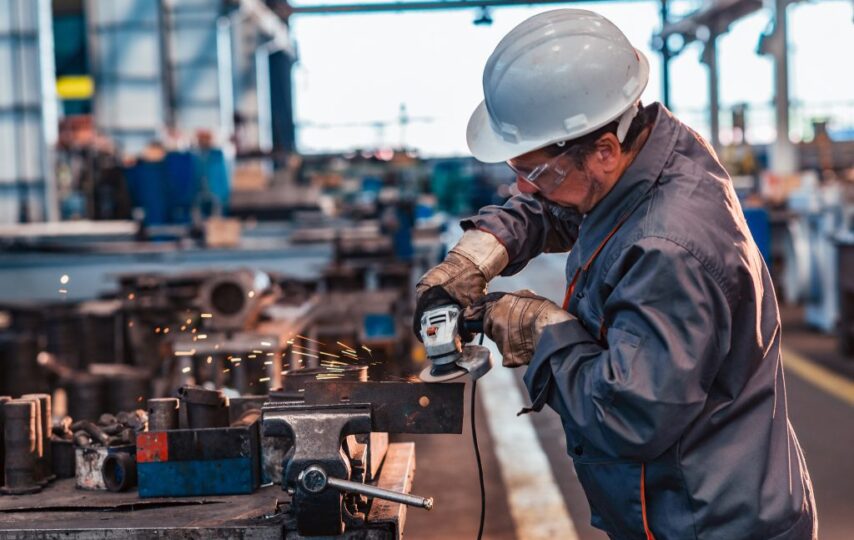If you are going to run a successful manufacturing business, there are a number of different elements that need to work together in harmony with one another. Without a doubt, the correct equipment ranks amongst the most important of these factors. Without the right equipment, you can end up in a situation in which you are not working in the most efficient manner possible, and your competitors can end up getting the edge ahead of you. So, here are a few pointers on choosing the right equipment for your manufacturing company.
Ensure it is Specific
There are so many different types of manufacturing businesses out there that you need to make sure that what you are running is highly specific. For example, there are some companies that will rely on plastic welding rods, but they need to actually provide a real and tangible benefit to your company. Think about how the different elements are going to interact with one another properly and ensure that you are not trying to fit a square peg into a round hole, which is something that far too many companies attempt with little success. Best of all ask your employees what they think they need to complete their work more efficiently.
Check the Production Output
The success or failure of a manufacturing business can all hinge on how much it is able to produce. With this in mind, it is certainly highly important that you check out the production output to a high level of detail. After all, you want some equipment that is going to maximize what you are doing rather than being at risk of holding you back for any reason.
Determine Whether You Are Going to Buy or Lease
Depending on what sort of budget you are going to be working with, it is simply not viable that a whole host of equipment will be bought rather than leased. This is particularly the case with the huge pieces of machinery that can be highly expensive, and if you are going to be running a new company, it may not work straight away. Ultimately, this all comes back to you ensuring that you have calculated everything in the most effective manner possible. It may even be the case that used equipment is going to be brought on board rather than always relying on that which is brand new.
Look at Energy Consumption Levels
As well as the cost outlay of actually buying the equipment in the first place, you also have the energy consumption levels to think about as well. Ultimately, this all comes back to how much your power bills will be increasing and whether it is going to be worth paying a little more now for a piece of machinery that does not rely on so much energy to keep it operating effectively.
All of these pieces of advice can prove to be useful in determining the right equipment that your manufacturing business can use. So, make sure that you check out the above advice and consider how you can apply it to your company.


